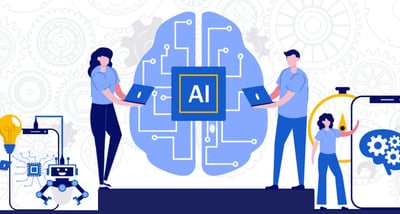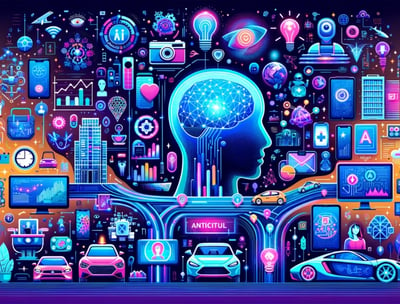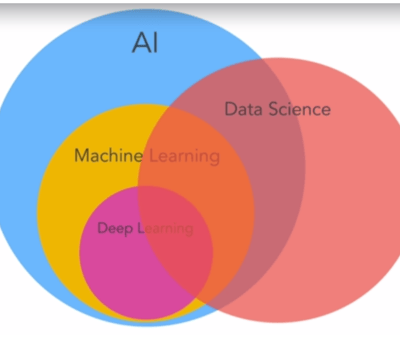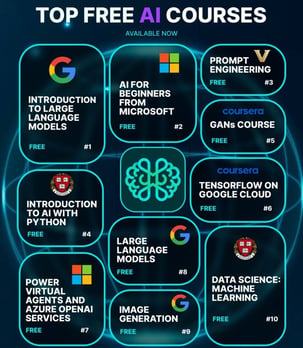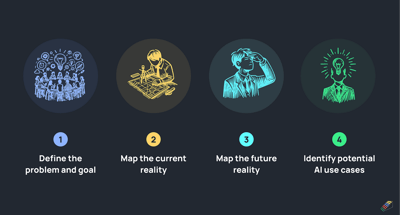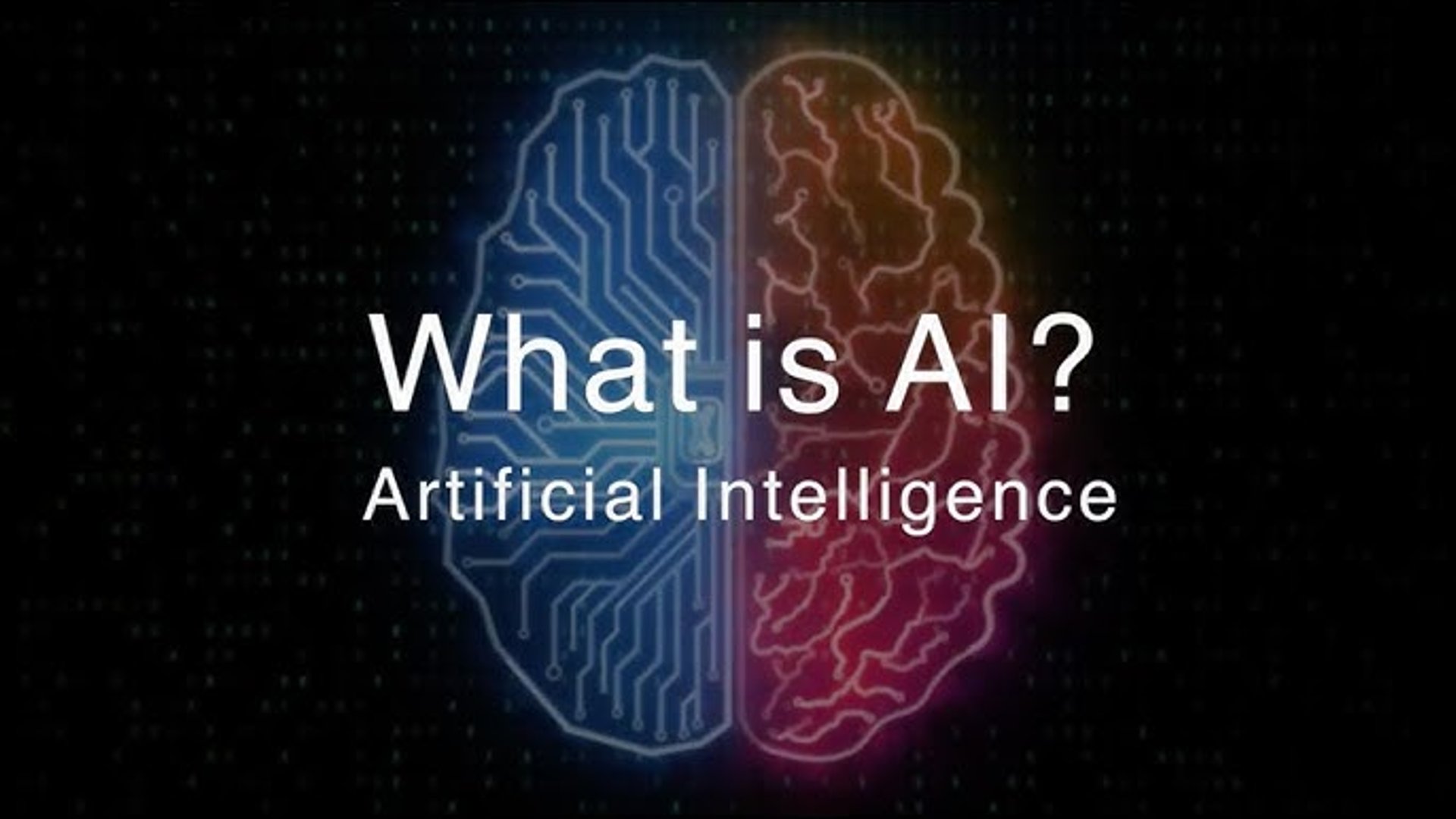
What is AI? Let’s Break It Down
You have probably heard the term AI thrown around a lot. But what does it really mean, and why should you care? Let’s simplify it.
Tarun Jain
2/5/20254 min read
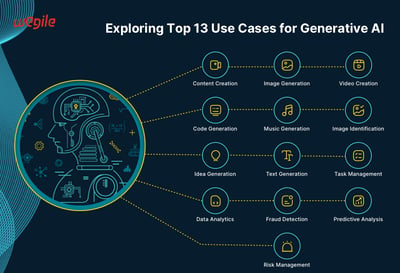

Artificial Intelligence (AI) is when computers are programmed to learn from data, recognize patterns, and make decisions just like humans, but faster and often more accurately.
AI is used to:
Identify patterns in large data sets (like spotting fraud in banking)
Make predictions (like forecasting product demand)
Automate decisions (like approving simple insurance claims)
In short, AI helps machines think, learn, and solve problems, making our lives easier, more efficient, and sometimes even a little more creative
But Wait, What’s the Difference Between AI and Machine Learning
You have probably heard people throw around AI and Machine Learning (ML) like they are the same thing. But they’re not. Here’s the simple difference:
AI is the big picture, it’s all about making machines smart.
Machine Learning is a specific method we use to achieve AI. Instead of programming a machine with step-by-step instructions, we feed it data and let it learn patterns on its own.
In simple terms:
AI is the what—making machines intelligent.
ML is one of the hows—teaching machines to learn from data.
Example:
Your email’s spam filter? That’s AI.
When it learns which emails you mark as spam and adjusts automatically—that’s Machine Learning in action.
Where AI is Already Making a Difference
AI isn’t just a buzzword, it is quietly working behind the scenes in ways you probably didn’t even notice. Here’s how it’s already transforming industries:
1. Medical Diagnosis: AI analyzes medical images like X-rays and MRIs to detect diseases earlier and more accurately than humans.
2. Fraud Detection in Banking: AI scans thousands of transactions in real-time to flag suspicious activities.
3. Document Summarization: AI tools can read through lengthy contracts or research papers and pull out the key points in seconds.
4. Language Translation & Interpretation: AI-driven tools can translate complex documents or real-time conversations.
5. Supply Chain Optimization: AI helps companies manage inventory by predicting product demand and reducing waste.
Why AI Matters to You
1. Career Growth Opportunities
AI isn’t just for programmers. With 65% of future jobs expected to require some AI knowledge, learning these skills now gives you a huge edge.
High demand across industries; from healthcare and finance to marketing and education.
No coding required for many roles. Tools are becoming more user-friendly, allowing non-techies to use AI effectively.
2. Personal Productivity
AI can make your life easier, even outside of work:
Automate repetitive tasks (like sorting emails or summarizing meeting notes)
Boost your creativity with AI tools that help with design, writing, or video editing
Make smarter decisions by analyzing personal data, whether for budgeting, planning trips, or optimizing your schedule
How to Start Learning AI (Without Getting Too Technical)
You don’t need a background in programming or data science to start using AI. Here’s how to dive in without getting overwhelmed by technical jargon or complex models:
1. Take Practical, Beginner-Friendly AI Courses
2. Experiment with AI Tools
3. Practice Regularly
Like any skill, the more you practice, the better you’ll get. Start with small projects like:
Building a simple chatbot.
Using AI to analyze personal data (like your expenses or workout routines).
Automating repetitive tasks at work with AI tools.
AI is Here to Help, Not Replace You !
AI isn’t about replacing humans, it’s about enhancing what we can do. Think of AI as a tool to amplify your abilities:
Work smarter by automating boring tasks.
Get insights from data faster than ever before.
Unlock creativity by using AI as a collaborator, not a competitor
Your Next Steps - Ready to get started? Here is what you can do this week:
Try one AI tool: whether it’s generating images, summarizing documents, or analyzing data.
Complete a free online AI course to understand the basics.
Experiment without fear: you don’t need to be perfect. Just start.
Stay curious; AI is evolving fast, and there’s always something new to learn.
Final Thought
“The future belongs to those who learn, adapt, and embrace new technologies.”
AI is already transforming the world, and now’s your chance to be part of that change. Whether you’re looking to boost your career, simplify daily tasks, or explore creative possibilities, AI can help you get there.
Your AI journey starts today. Are you ready to see what’s possible?
